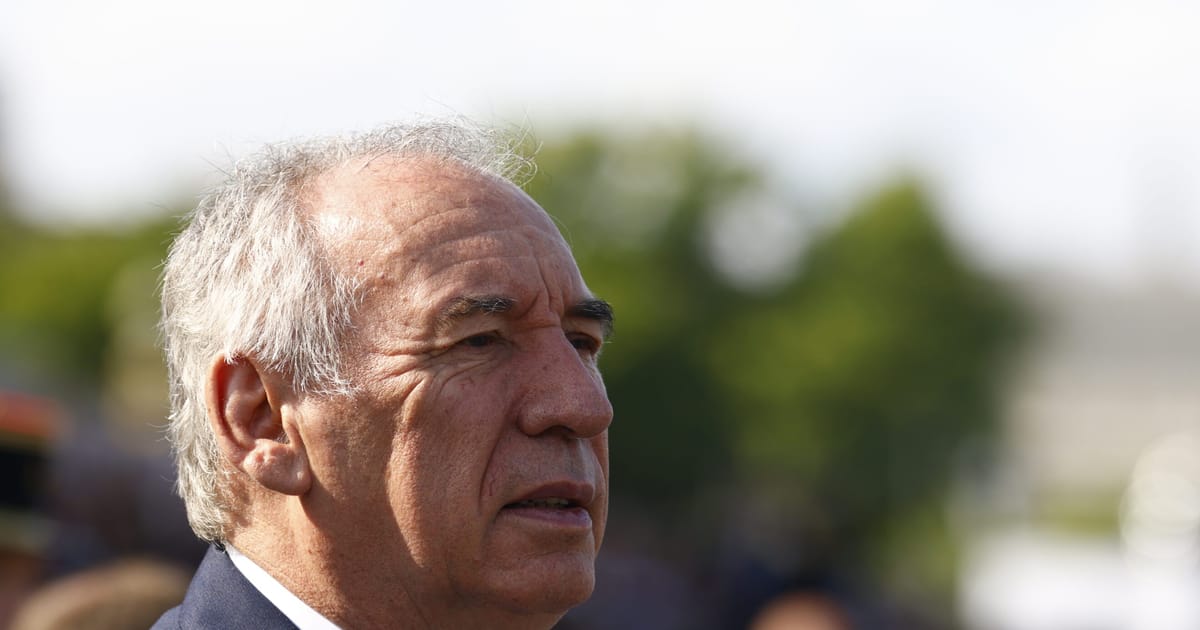

In the ever-evolving landscape of global politics and economics, recent developments have captured the attention of the world, each carrying significant implications. From proposed fiscal changes in France to advancements in trade relations involving the United States and China, and the challenges posed by EU sanctions against Russia, the dynamics are both intriguing and complex.
In France, a novel yet contentious proposal has come to light, suggesting the elimination of two public holidays. Spearheaded by the French Prime Minister, this initiative is part of a broader strategy to address the country’s enduring budget deficit. The announcement reflects a pragmatic approach to fiscal management aimed at stabilizing the economy. However, it is expected to ignite a lively public debate, as citizens consider the trade-offs between economic austerity measures and cherished cultural norms. The dialogue is likely to influence public sentiment and political discourse in the coming weeks.
Meanwhile, the U.S.-China trade landscape has taken an unexpected turn. Nvidia, a leading player in the semiconductor industry, has received clearance from the Trump administration to sell advanced computer chips in China. This development follows a high-profile meeting between Nvidia’s CEO, Jensen Huang, and former President Donald Trump, emphasizing the importance of strategic dialogue in easing trade tensions. These computer chips, pivotal for artificial intelligence applications, signify a critical intersection of technology and commerce. This decision underscores the complexity intrinsic to balancing national security with economic interests, ultimately aiming to foster a more cooperative bilateral relationship amidst an ongoing trade rivalry.
Further illuminating the economic front, China’s economy has showcased resilience amidst external pressures. Recent reports signal a 5.2% growth in GDP for the second quarter, marking a modest slowdown from the previous period but surpassing analysts’ expectations. This performance is attributed in part to strategic efforts to expedite shipments ahead of potential tariff implementations. As the world’s second-largest economy, China’s ability to adapt and thrive under these conditions underscores its pivotal role in the global economic fabric.
On the geopolitical front, the European Union faces internal challenges in unanimously agreeing on a new sanctions package against Russia. Slovakia has emerged as a crucial player, blocking a proposal aimed at banning Russian gas imports by 2028. This move highlights the complex considerations involved in forging a unified stance within the EU, as member states balance national interests with collective objectives. The ongoing discourse reflects broader global efforts to navigate international diplomacy in a measured and collaborative manner.
In related diplomatic endeavors, French Foreign Minister Jean-Noël Barrot has expressed optimism about emerging international alignments, particularly between the U.S. and the EU. As recent discussions in Rome with American senators unfold, there is hope for further cohesion in strategies designed to address geopolitical tensions. Such engagements exemplify how diplomacy and dialogue continue to serve as vital tools in nurturing international cooperation and addressing shared global challenges.
In summary, these narratives of fiscal policy, trade, economic performance, and international sanctions provide a comprehensive view of the current global landscape. Each story, in its unique way, underscores the complexities and nuances inherent in global governance and economic interaction. As stakeholders at various levels continue to navigate these developments, the importance of thoughtful engagement and strategic foresight remains ever critical.
Source: {link}
